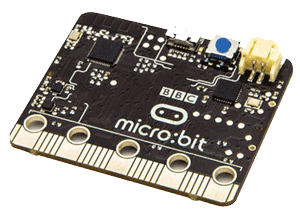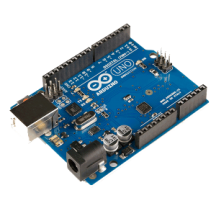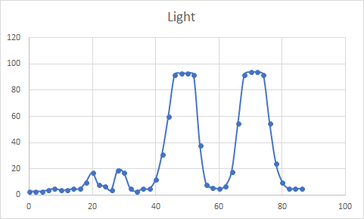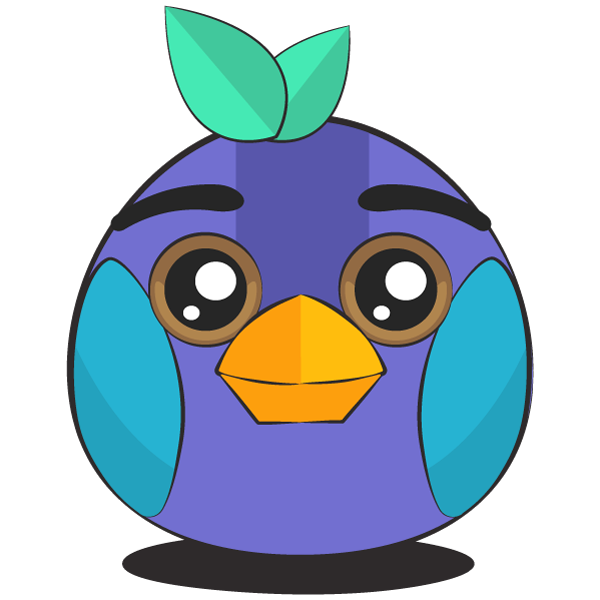Current Digital Technology Platforms
However, the requirement to programme them before they can begin to deliver any sort of worthwhile learning activity other than coding, is a serious impediment to their use in primary schools and their universal acceptance across the curriculum.
The complexity of their connection to sensors and other peripherals; reliance on the internet; and lack of on-board data storage; also serves to isolate them within the Technologies curriculum.


Professional Learning
Training teachers how to code at scale through online courses such as those provided by the Computer Science Education Research Group at Adelaide University only requires a computer and access to the internet.
On the other hand, professional learning for the hands-on experiential and project work required for Science and the non-coding aspects of the Technologies curriculum (eg, design) requires additional resources and additional face-to-face interaction with skilled mentors.
This has traditionally been delivered at significant cost to small groups of individual teachers through local workshops or as part of a seminar or conference.
In NSW alone, there are some 15,000 teachers teaching around 195,000 students in years 5 and 6 (Stage 3). A new online approach is required if professional learning is to be delivered affordably at scale to thousands of teachers dispersed over a large geographic area.

Integrated Learning

Integrated learning can appear challenging to many teachers, but the simple addition of technology (which we now take for granted in our normal lives) to all classrooms is a massive first step.
The ability for students to measure and log real world data will enhance learning in subjects across the curriculum.
However, existing educational tools are either industrial grade - and therefore expensive - or component based requiring time to set up and prior technology experience.
Instant low cost data will make Science, Mathematics and many other subjects much more exciting and relevant to the real world.

